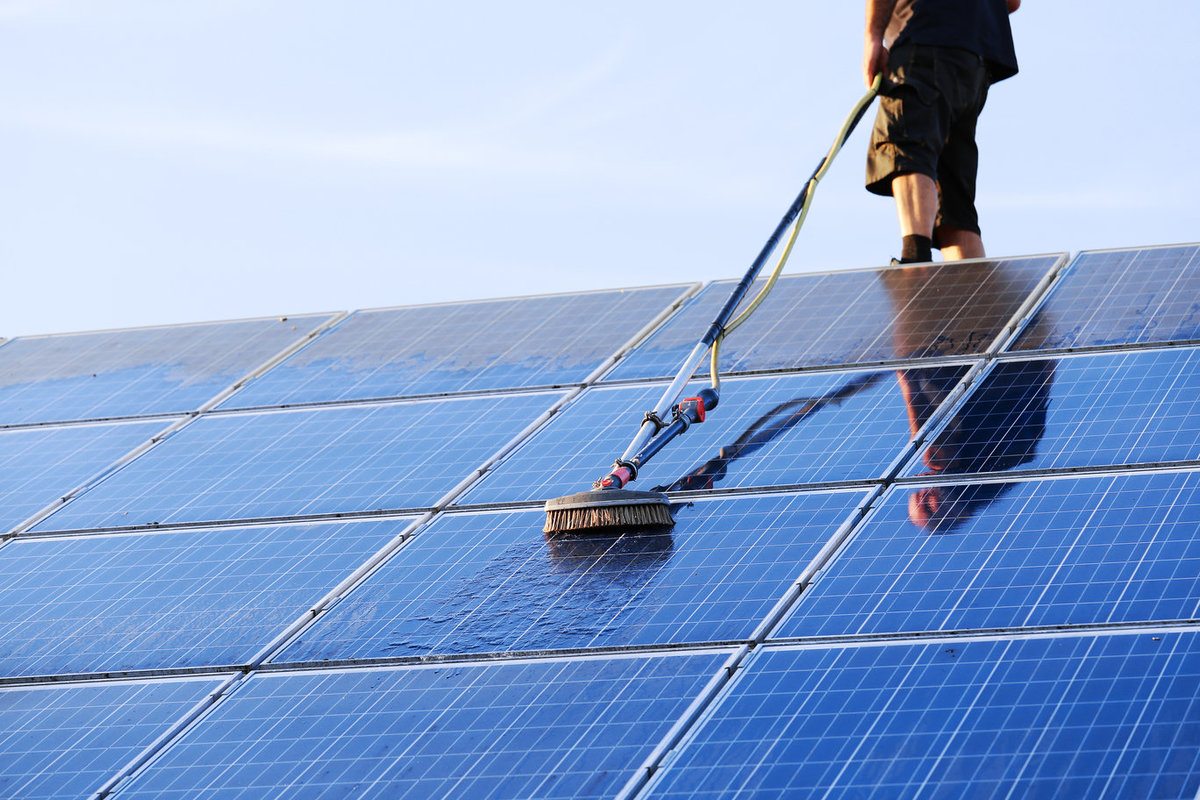The most effective technology developed so far to produce solar energy concentrated enough to run an industrial furnace or turbine is to use.
Active solar energy systems involve.
They convert sunlight to electricity by using thin sheets of silicon.
An active solar energy system is a system that uses solar energy in the production of electricity and includes storage devices power conditioning equipment transfer equipment and parts related to the functioning of those items.
A passive solar system does not involve mechanical devices or the use of conventional energy sources beyond that needed to regulate dampers and other controls if any.
Please visit the guidelines for active solar energy systems new construction exclusion project page for more.
If the solar system cannot provide adequate space heating an auxiliary or back up system provides the additional heat.
We ve listed some of the features of the active solar systems for you to have a.
An active solar energy system is a solar water or space heating system that uses pumps or fans to circulate the fluid from the solar collectors to a storage tank subsystem.
Parabolic mirrors sunlight on a collecting medium.
Active solar systems use hot water pumps or fans to pump fluids.
Pumps and moving fluids.
One of the main benefits of using them is that they can be used to increase the effectiveness of your solar system.
There are two basic types of active solar heating systems based on the type of fluid either liquid or air that is heated in the solar energy collectors.
Active solar panels rely on external energy sources only.
Active solar energy systems involve.
System that uses solar collectors to capture energy from the sun and store it as heat for space heating and water heating.
Active solar systems rely on pumps sophisticated electronic devices and motors to effectively collect and systematically provide solar energy.
It also does not need power coming from an external conventional source.
A solar collector positioned on the roofs of buildings heats the fluid and then pumps it through a system of pipes to heat the whole building.
Guidelines for active solar energy systems new construction exclusion were approved by the members of the state board of equalization on november 15 2012 following an extensive process involving interaction of board staff with government officials and the public.
Active solar heating systems use solar energy to heat a fluid either liquid or air and then transfer the solar heat directly to the interior space or to a storage system for later use.
Photovoltaic cells or solar panels are slightly more involved than passive or active solar energy systems.

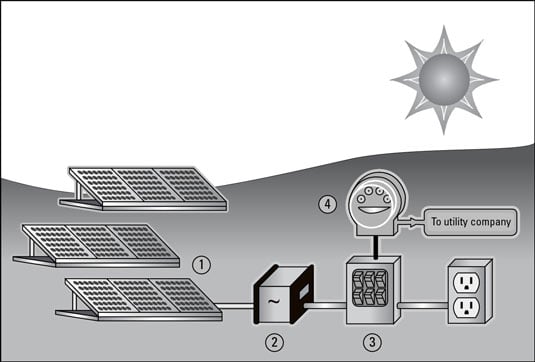

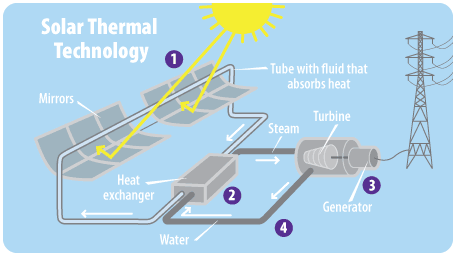





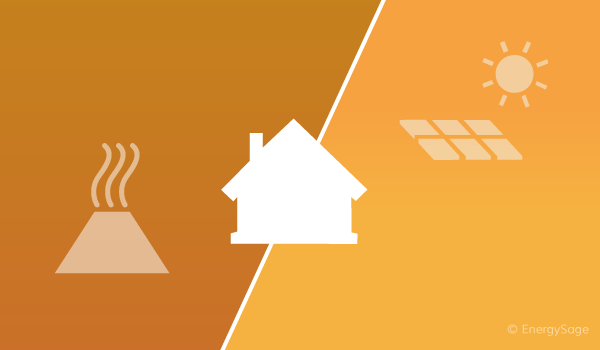
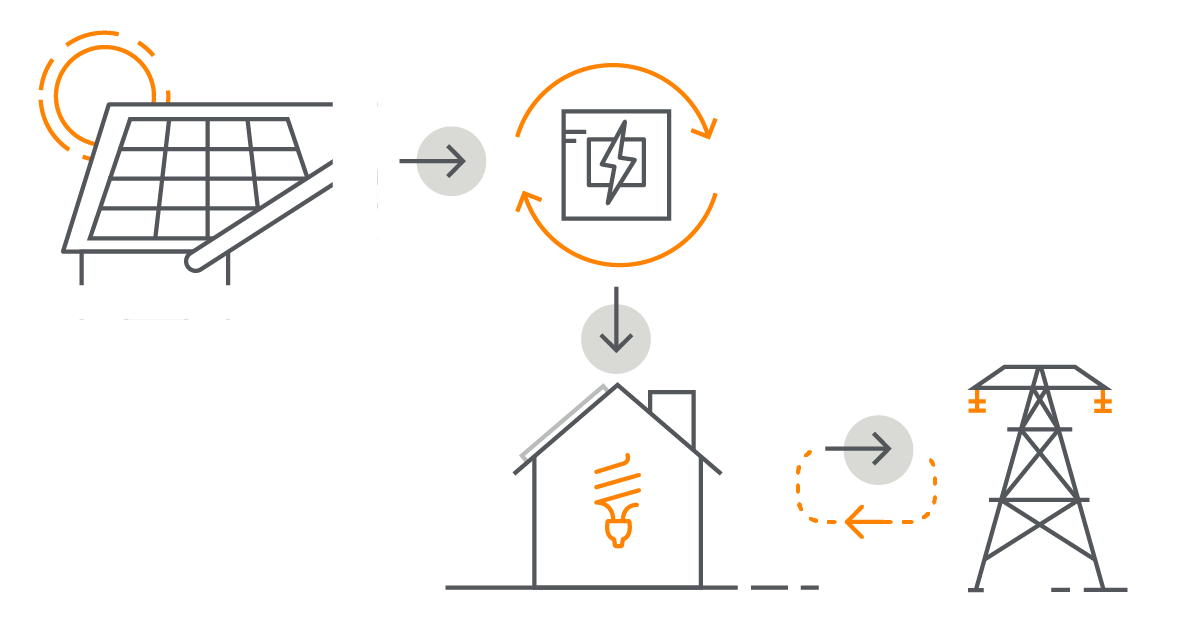




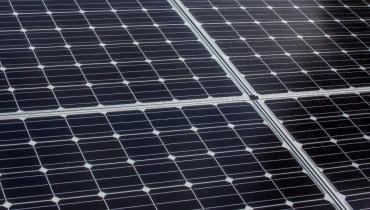
/Solarpanels-3156a12e053e49c88e4d7f53254fb8a8.jpg)

